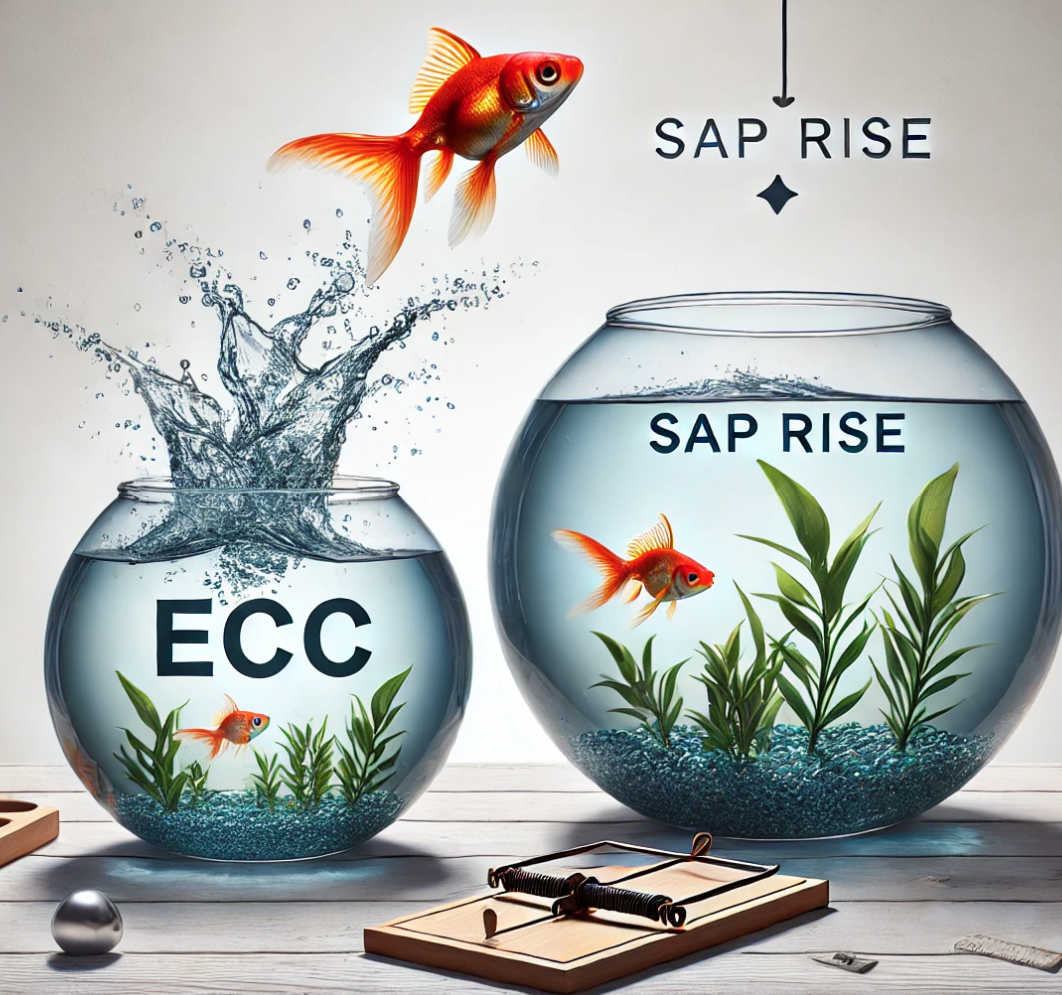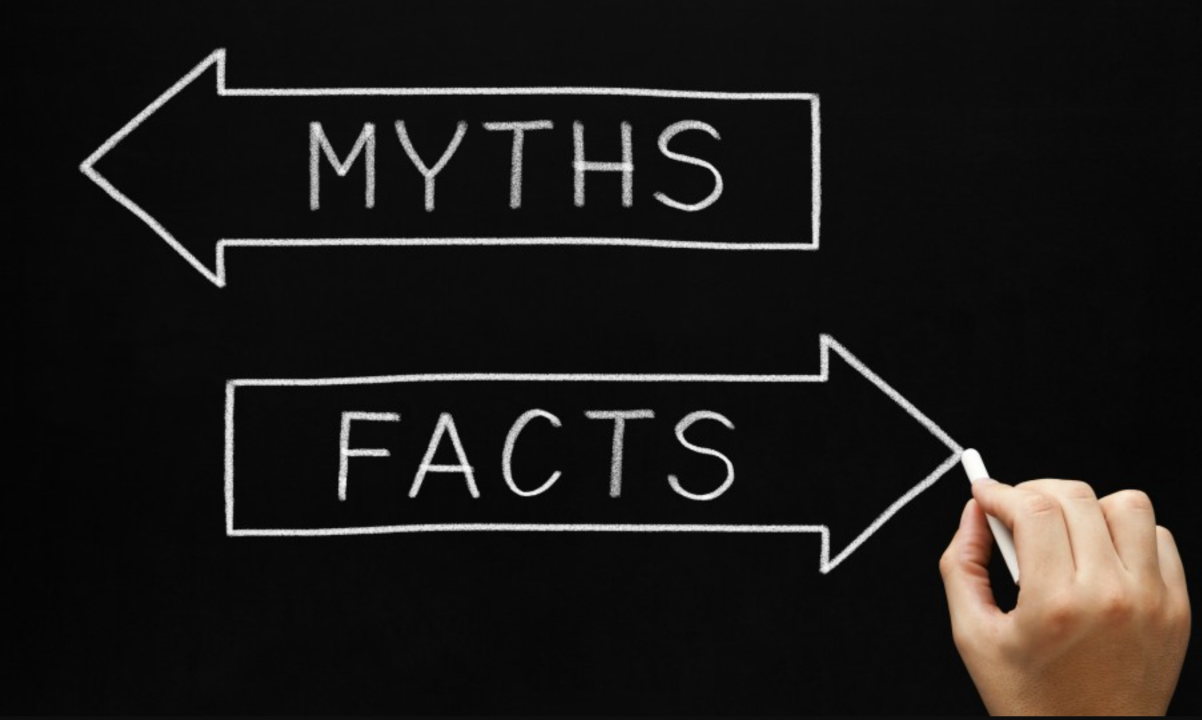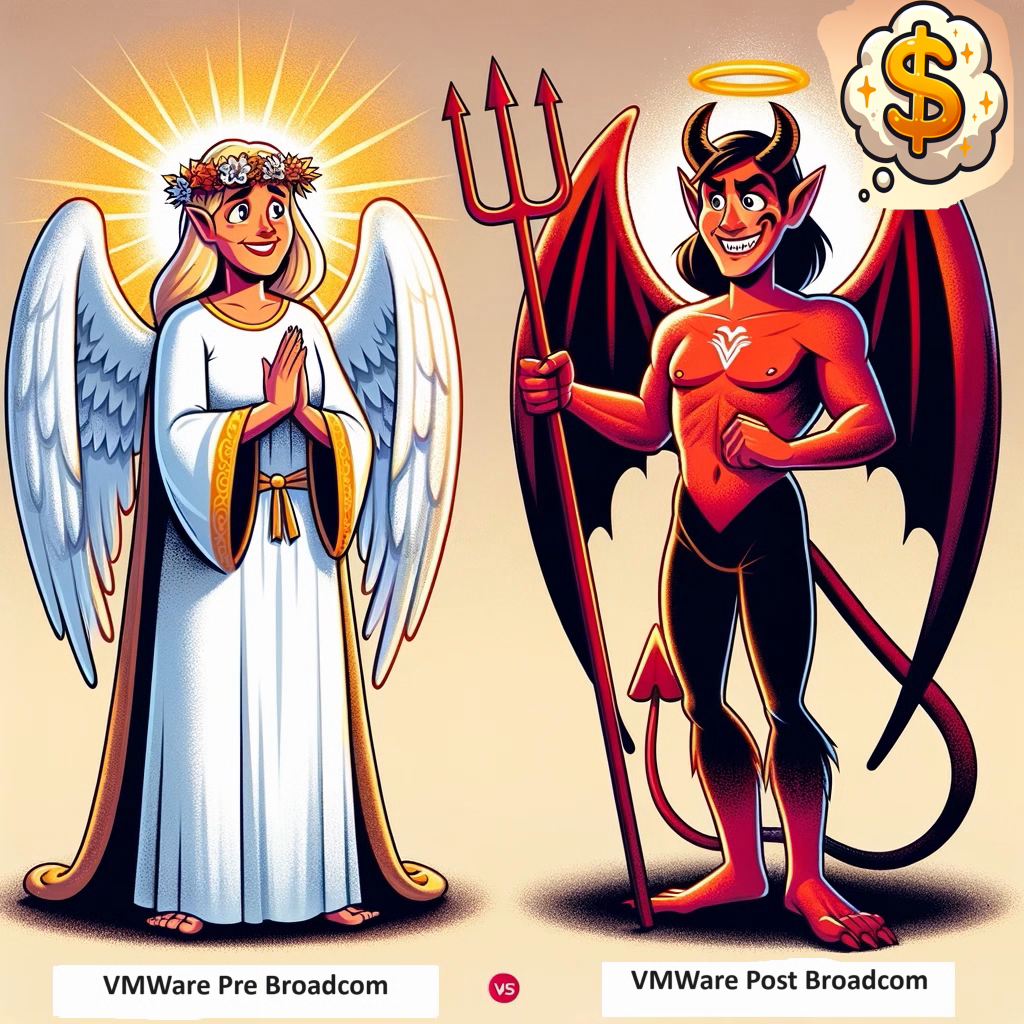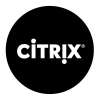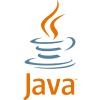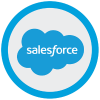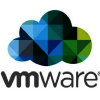Blogs Menu
- Microsoft Shakes Up Enterprise Agreements: Volume Waterfall Discounts Removed—Here’s How to Fight Back Against Rising Costs
- RISE with SAP Demystified: Costs, Contracts, BOM, Key Features, Limitations and Key Considerations
- What is ServiceNow Software Asset Management Professional (SAMPro), and What is the Difference Between Foundation and Pro/Enterprise?
- Mastering Oracle ULAs: Dispelling Myths and Managing Certification Successfully in 2026
- VMware's Drastic Switch From Processor to Core Licensing 2026: Potential for a 5X-40X Surge in Your VMware Software spend
- Broadcom Shakes the Ground Under VMware Customers: Comprehensive Guide to New VMware Licensing, Packaging, Reseller Changes in 2026
- 2026 Expert Guide to Oracle VirtualBox Licensing: Navigating Free and Paid Editions for Businesses and Effectively Addressing Oracle Sales Inquiries
- Understanding Licensing and Cost Shift from SAP Solution Manager (SolMan) to Cloud ALM (CALM)
- Demystifying IBM Cloud Pak and premier on Cloud PAK Licensing in 2026
- Comprehensive Guide to SAP Indirect Access and How to measure Digital Access in 2026
- Oracle Java Licensing Changes in 2026: Navigating the Costly New Terrain of Java Employee Universal Subscription
- Oracle's Java Licensing Changes 2026: Optimizing Java Without Cutting a Check to Oracle
- SAP Enhanced Vs SAP Basic Software Licensing Audit
- Comprehensive Guide to Choosing the Perfect SAP HANA License for Your Business
- Decoding SAP FUE: A Comprehensive Guide to Full Usage Equivalents
- Unleash the Power of SAP Licensing: Top 5 Strategies for Substantial Savings
- Comprehensive list of Software Vendors and their Year End Dates
- Java - Think it is Free, Not Anymore!


